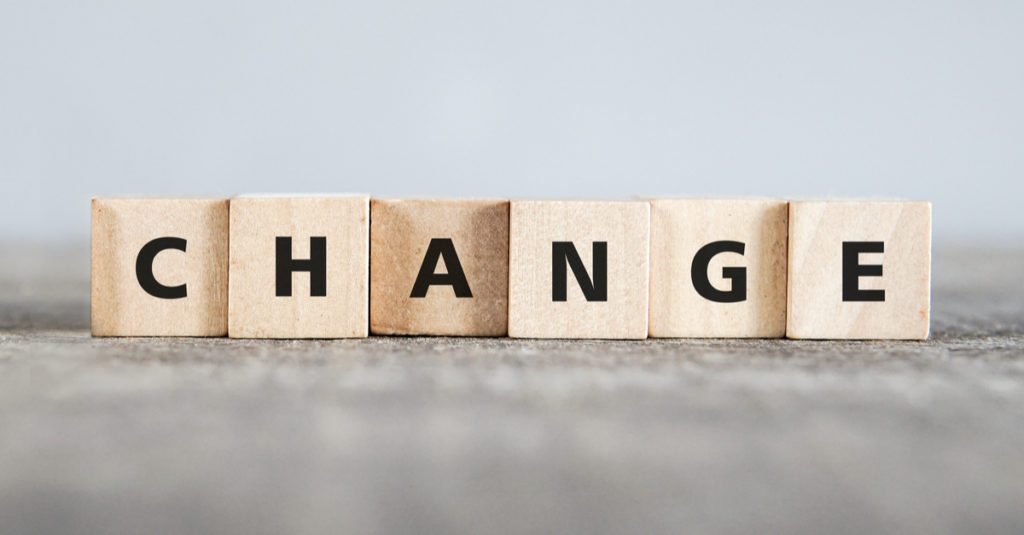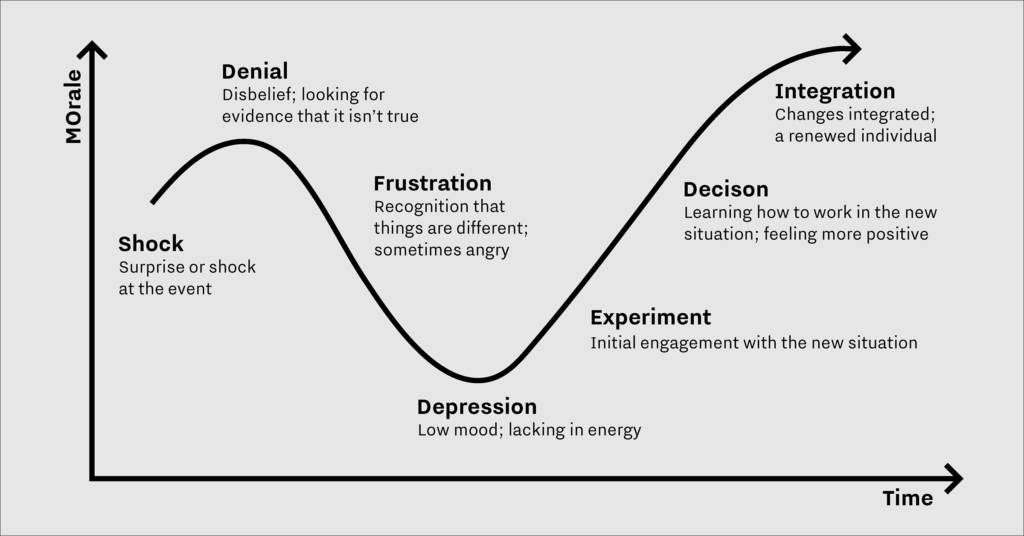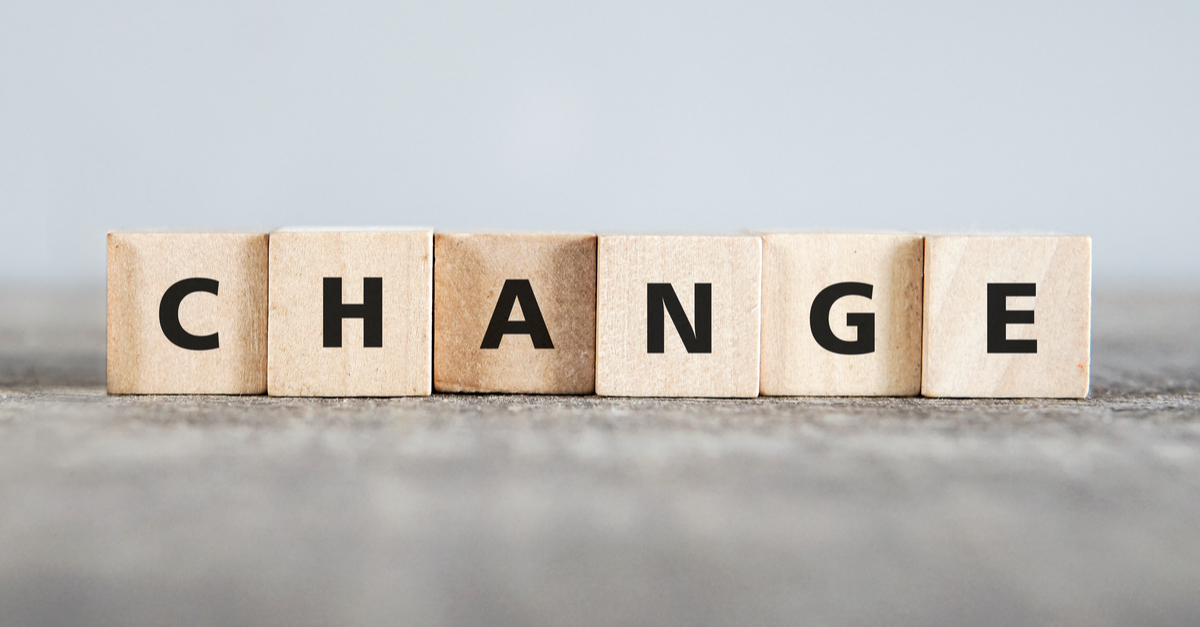
Christine Francis, Leadership & Culture Transformation Coach, Social & Emotional Intelligence Facilitator, as well as Mentor enrolled in Berytech’s Impact Rise Social Innovation Program, writes about how to develop a change mindset to drive results in this blog.
It has become obvious to everyone that there is life before and after COVID-19! Easier said than done, don’t you think? We are being bombarded daily with a million advice to stay positive and build our resilience and agility. We are all called upon to think and act differently, we are asked to drop the old and get the courage to delve into the new; however, the question remains, how do we do this? How can we put things into perspective, practice and what are the steps to take?
The Change Curve

Change is a very dynamic process that has become a necessity in a changing world. Volatility, Uncertainty, Complexity and Ambiguity (VUCA) is what drives our world today. When change is imposed, it can really hurt. We are more likely to feel and experience emotions of loss, hopelessness, worry, powerlessness and a sense that we can’t count on anything. We are overwhelmed with duties and responsibilities, plus the need to adapt to new demands. And how does this make us feel?
Kübler-Ross Change Curve™ is a model that illustrates the emotional stages we may go through when experiencing this type of change. It not only helps us raise our awareness and makes sense of our feelings, but more importantly supports us to navigate the stages and build strategies to move forward and emerge stronger. Rolling on the curve, through these stages and understanding them emotionally:
Shock: waking up to a different reality, Can I cope? What will happen to me? A sense of Fear.
Denial: Change, what change? None of this is really going to happen, it won’t last long, things will go back to normal. Resentment and disappointment.
Frustration: Realizing that it is real, recognition that things are happening. Feeling anger and disgust.
Depression: I am the victim of the situation. This is not right. It’s unfair. Why me? I didn’t ask for this! Giving away your power. Unfairness and powerlessness.
Experiment: initial engagement with the situation, letting go of the old and allowing us to be comfortable with the unknown, start developing a change mindset. Gaining our power back and realizing we can do something about starting the thinking process and assessing the was, the is, and the will be. Motivation and curiosity, Pivoting.
Decision: accepting my new reality, I get it. This is the way it is. Learning how to work with the new situation feeling more positive. What’s next for me? What are my choices? And what am I going to do about it? Power gaining and control taking.
Integration: A renewed individual. Looking Forward How can I make things happen? Creating the new paradigm, The why the what the who, the where and the when. Confidence and forward moving. Change mindset.
It goes without saying that we don’t all move through this change cycle in the same way or in the same time frame. Our reactions to change as individuals are unique in the way we process our emotions, the reality and the input around us. Most of us tend to oscillate between stages. So, take a moment and check in, where do you fall on this curve right now?
Managing the Transition
Working through each stage utilizing strategies to counter it.
Dealing with denial and creating Alignment. Acknowledging your emotions and working with them and not against them:
- Define the emotions and where they are coming from.
- Stretch yourself outside your comfort zone to explore new territories with your thoughts and feelings and envision both the worst and best scenarios.
- Identify the limiting thoughts that are causing the fear, changing your Automatic Negative Thoughts (ANTs) into Performance Enhancing Thoughts (PETs) .
- Work with a business coach to help you navigate.
Dealing with frustration with open communication. Explore your Reality and assess the real size of the change that your business is going through:
- Discuss and communicate with your team and stakeholders.
- What is the real impact of the imposed change on you or on your business?
- Get as much solid information as you can about the situation. What do you really know about the change and what are you speculating about?
- Think through what it means to the business, right now, in the medium term and, if you can, the longer term.
Dealing with depression with sparking motivation. Connect to your values and the why behind the business and the impact you want to create.
- Involve your team in the thinking process and the decision making.
- Give them accountability and show them you trust them.
- Make sure they are recognized for their input and the role they play in the bigger picture.
Exploring possibilities and Experimenting. The beginning of the creative process and exploring what needs to pivot.
- What are really your options here? What can you do and what else could you do?
- Is the old way of doing things still valid and what needs to change? Revisit your USP, check how viable it is within the new reality and recalibrate the strategy or maybe the whole business model. Check if the whole business proposition is still valid. Maybe you won’t be able to pivot and need to think of something else to do.
- Create an inventory of what you need to stop doing, start doing and keep doing to support the required change.
- Check what do you need to learn and what capabilities you need to develop for you and your team.
- Explore the cost of not doing any the above.
Decision making and capacity building. Putting to the test what has been explored:
- What are the options that are most viable, which seem the most promising?
- Consider the time and resources needed.
- What needs to change in my vision and strategy?
- Who are the people that will support you?
New paradigm and integration. Integrating the learning and applying the changes required.
- Audit your resources, identify your assets; connect with the people you know who might be able to help or support.
- Identify your new Why, What, Who, Where and When
- Set yourself some goals and get to it.
- Take action!
Gaining Control
We may not have a say to change the situation, but we always have a choice in how we deal with it. In no way are we undermining the emotional, financial and social implications. This is one of the most effective techniques to gain our power back over situations. It is all a mind game! So, we need to set the intention to do so. What does not kill us makes us stronger and allows us to strengthen our emotional agility and resilience and build fortitude.
Pivoting and rising strong require a high set of personal and business values. They require vision to counter volatility, understanding to counter uncertainty, clarity to counter complexity as well as agility and flexibility to counter the ambiguity we are living. We need to acknowledge that we are experiencing painful changes and uncomfortable emotions and remember that it is our attitude that sets us apart from all the others; it requires us to explore beyond what we are comfortable with.
So, what are you choosing today? Is it surrender over curiosity? Is armor over vulnerability? Is it knowing the old ways over learning the new ways? Or is it comfort over courage?
About the author

Christine Francis is a Management Coach & Mentor, a Leadership & Culture Transformation Facilitator, as well as a Social & Emotional Coach. An inspiring leader in her own field of Leadership and Culture Transformation and with a passion for working with entrepreneurs and advancing women in Business, backed with a collective experience of 24 years within the world of business both locally and internationally, Christine is driven by making a difference in the lives of clients she crosses path with. Read more about Christine Francis.
The Impact Rise Social Innovation Program is designed and managed by Berytech and funded by the U.S.-Middle East Partnership Initiative (MEPI) to put ambitious startups, devoted experts and support partners on the road to growing sustainable and successful social ventures. Read more about the Impact Rise Program.








